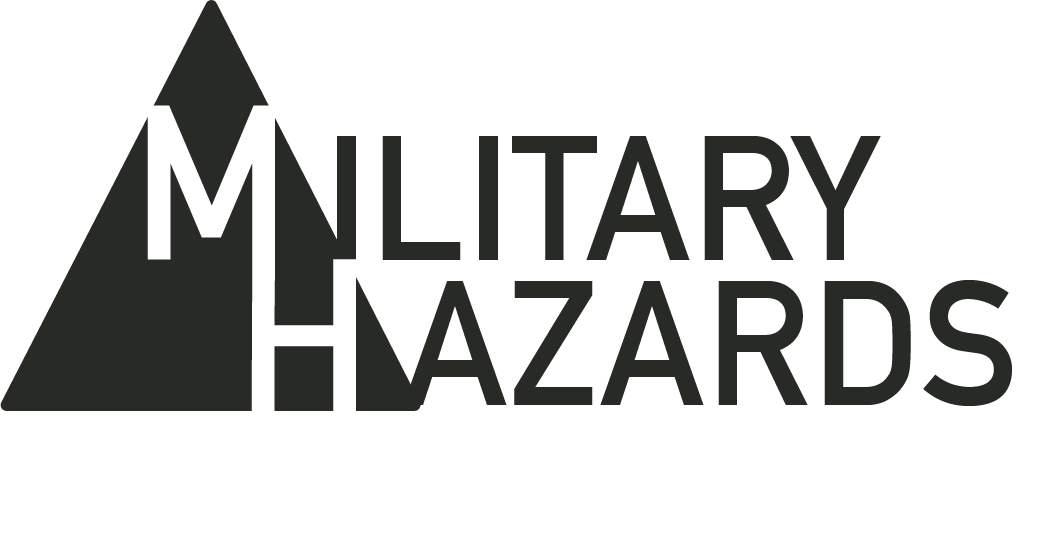Contact Our Legal Partner
"*" indicates required fields

Agent Orange is a chemical herbicide that was widely used by the US military during the Vietnam War to clear forests and destroy crops that were being used by enemy troops for cover and sustenance. The herbicide earned its name from the orange stripe brandished across the barrels that were used to transport it. Agent Orange contains a toxic chemical known as dioxin, which has been linked to a wide range of health problems in military personnel who were exposed to it.
Short-term health risks:
Some of the most common short-term health risks associated with exposure to Agent Orange include:
- Skin irritation
- Rashes
- Type 2 diabetes
- Hormone dysfunction
- Dermatological issues
- High blood pressure
Long-term health risks:
The long-term health risks of exposure to agent orange, however, are much more serious. Such exposure has been linked to the following:
- Cancer, including non-Hodgkin’s lymphoma
- Soft tissue sarcoma
- Hodgkin’s disease
- Parkinson’s disease
- Birth defects
- Neurological disorders
- Peripheral neuropathy
Additionally, studies on agent orange have shown that exposure can also lead to an increased risk of respiratory issues, such as chronic obstructive pulmonary disease (COPD) and bronchitis. What’s more, exposure to the chemical dioxin has been linked to immune system disorders, which could lead to an increased risk of infectious diseases and other health problems.
For many veterans who were exposed to agent orange, the health effects are devastating. Many have reported experiencing a range of physical and mental health issues that impacted their quality of life and ability to work. In recognition of the health risks associated with agent orange exposure, the US government has established a program that provides disability compensation to veterans who were exposed to the herbicide and later developed health problems related to their exposure.

In addition to the health risks faced by military personnel who were directly exposed to Agent Orange, there is also a risk of exposure for those who lived or worked near military bases where the herbicide was stored or used. This can include military dependents, civilian contractors, and others who were in close proximity to the herbicide.
The long-term effects of Agent Orange exposure can be particularly devastating. Many veterans who were exposed to the herbicide have reported chronic health problems that can impact their daily lives. These health problems can include chronic pain, fatigue, depression, and anxiety. Some veterans have reported that their exposure to Agent Orange has led to a decreased quality of life and difficulty performing routine tasks.
For veterans who are experiencing health problems because of their exposure to agent orange, there are resources available to help. The Department of Veterans Affairs (VA) provides medical care and disability compensation to veterans who were exposed to the herbicide and later developed health problems related to their exposure. In addition, the VA has established a registry for veterans who were exposed to agent orange, which allows them to receive health care and other benefits.
Protection and Mitigation:
Avoiding exposure to agent orange can be challenging, especially for military personnel who were stationed in Vietnam during the war. However, there are several measures that can be taken to reduce the risk of exposure to this toxic herbicide.One of the most effective ways to avoid exposure to agent orange is to limit contact with contaminated soil, water, and vegetation. Military personnel who were stationed in areas where agent orange was used should avoid consuming local crops or fish from contaminated water sources. In addition, they should avoid digging in soil that may be contaminated with the herbicide.
Wearing appropriate protective gear is also important in reducing the risk of exposure to Agent Orange. Military personnel who are working in areas where Agent Orange is known to be present should wear gloves, protective clothing, and respirators to avoid direct contact with the herbicide. Another way to avoid exposure to Agent Orange is to stay up to date on any health advisories issued by the VA. The VA regularly provides information to veterans and their families about the health risks associated with agent orange exposure, as well as any precautions that should be taken to avoid exposure.Finally, seeking medical attention as soon as possible after exposure to agent orange is critical. Early detection and treatment can help to reduce the risk of long-term health problems associated with this sort of exposure.
So, while it may be challenging to avoid exposure to Agent Orange entirely, there are several steps that military personnel and their families can take to reduce the risk of exposure. By staying informed, taking appropriate precautions, and seeking medical attention as needed, veterans can minimize their risk of developing health problems related to Agent Orange exposure.
There is no doubt that agent orange exposure is a serious health risk that can have long-term impacts on military personnel and their families. For all of the reasons just discussed, it is important for veterans who were exposed to the herbicide to be aware of the potential health risks and to seek medical attention if they experience any symptoms related to their exposure. With the proper care and resources, veterans may still be able to manage their health problems and lead healthy lives after their term of service.
